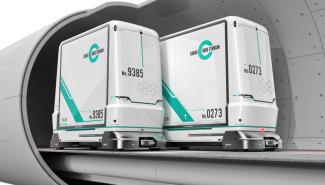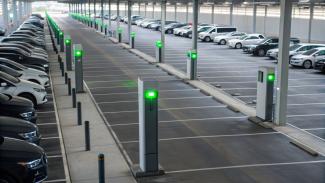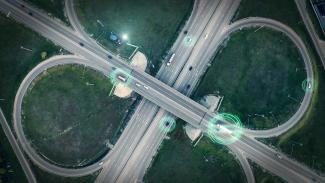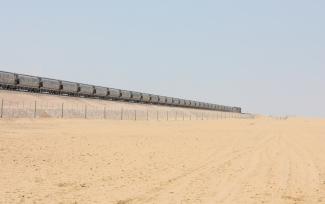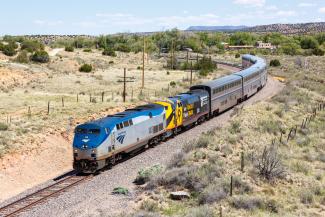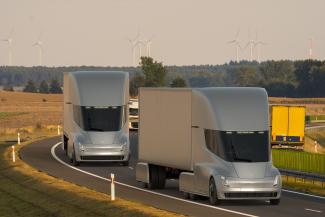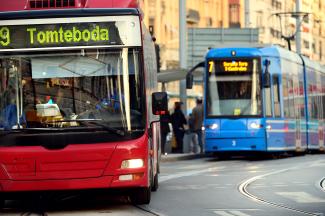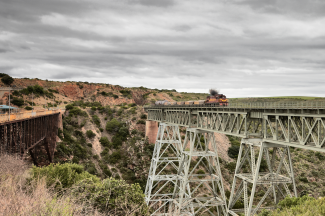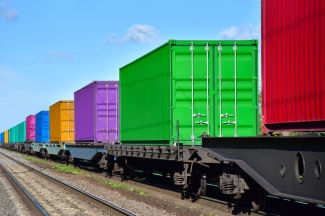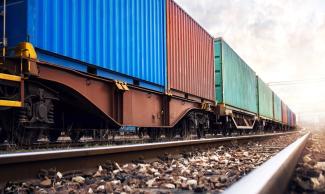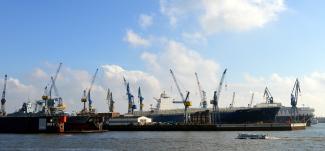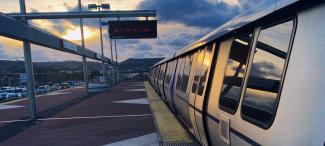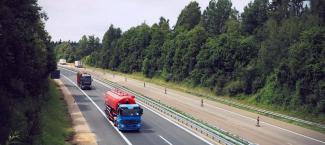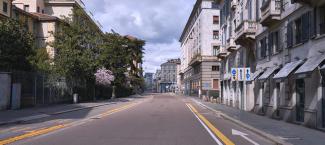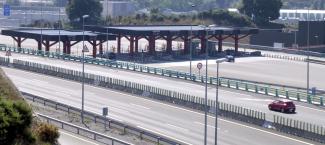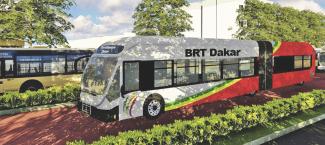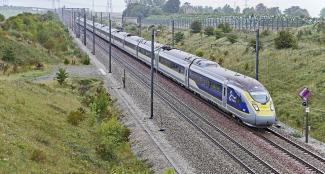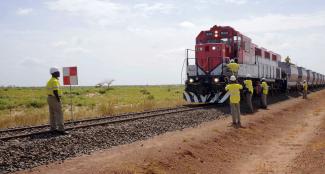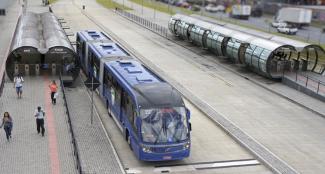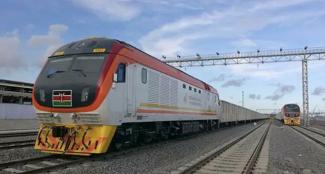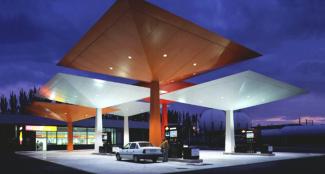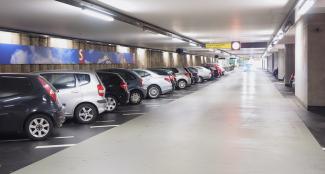Cargo Sous Terrain (CST) is a private sector initiative to build a network of underground tunnels for the automated end-to-end delivery of goods in Switzerland. The first leg of the project (Leg 1) runs from Härkingen-Niederbipp to Zurich with several intermediate stops (hubs), extending about 70km in total. This first section is scheduled to be operational in 2031, with a total investment of CHF 3.6 Bn (including construction costs but also software, hubs, tunnel vehicles and aboveground vehicles for the last-mile). A nationwide expansion towards other key logistics and distribution centers within Switzerland is planned by 2045, covering around 500 km from Geneva to St. Gallen and from Basel to Luzern, with an additional branch connecting Bern to Thun (underground network).
In 2022, ALG had the opportunity to work in a challenging and amazing project assessing the future demand of this innovative underground transport logistics system.

Leg 1 (from Härkingen to Zürich) offers a sustainable and digitized-full alternative for the transport of goods to Zurich, where the road transport infrastructure is under severe pressure. Goods transport accounts for a large part of the traffic volume in urban areas, and the A1 for accessing Zurich registers important traffic jams, especially during the peak. Future population growth combined with capacity constraints on both roads and railways is expected to accentuate the pressure on Switzerland's existing transport infrastructure. At the same time, the rapid structural changes in the Swiss logistics market (increase of small-scale consignments and just-in-time deliveries, e-commerce growth, green policies, manufacturing nearshoring…) demand a great capacity for adaptation and innovation from the sector.
In this context, CST seeks to deliver a reliable and sustainable end-to-end transport alternative for the movement of goods from logistic centers to the final client. The project offers a solution to bottlenecks and transport congestion limitations observed along Switzerland’s transport infrastructure (especially along the A1 corridor), while coping with the rapid structural changes of the logistics market. The projects seeks to help reducing heavy traffic by 40% and noise emissions by 50% in cities.
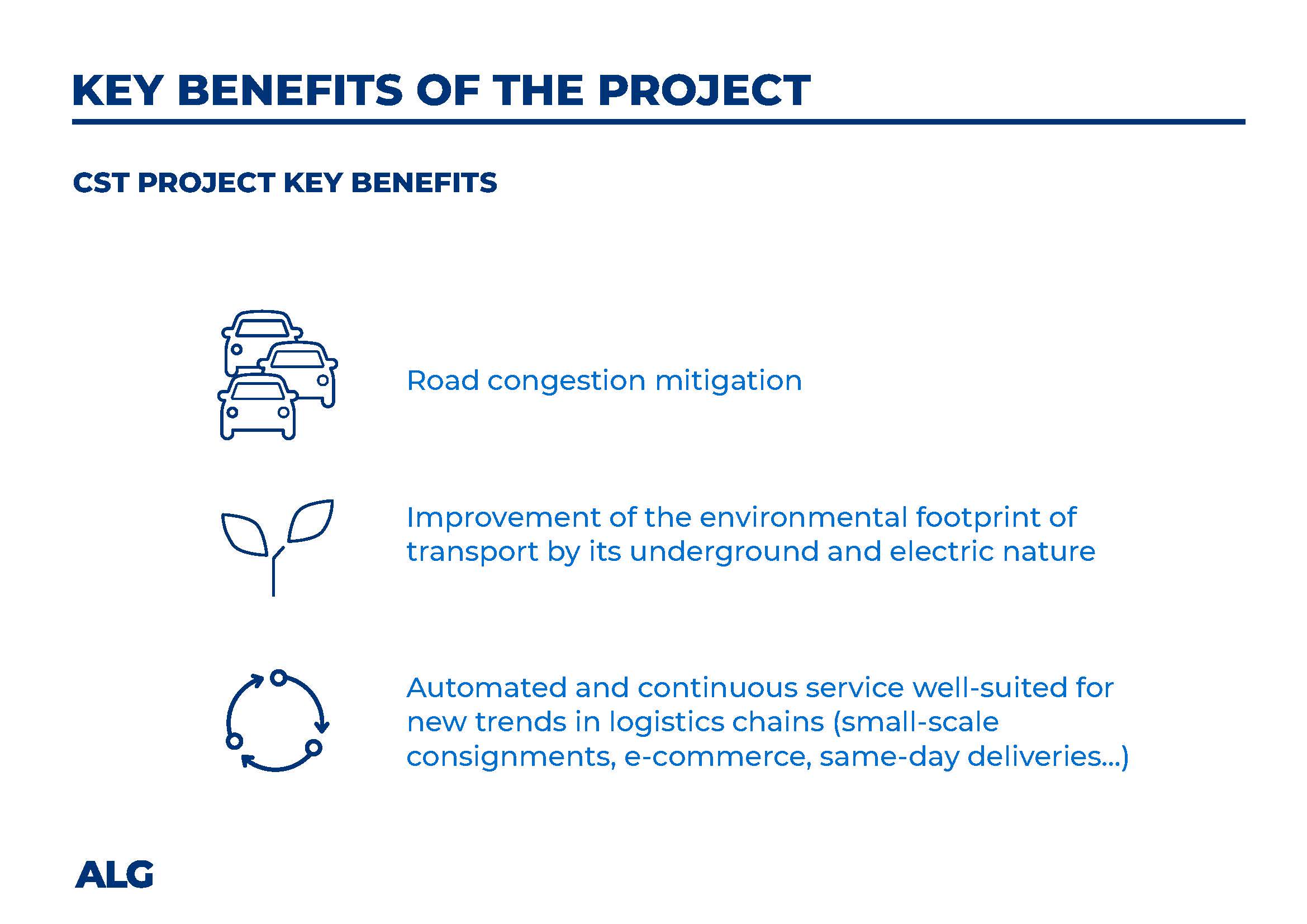
The proposed technology for the CST consists of three tracks, one in each direction plus a service lane in the middle, operating (around the clock) with fully autonomous and self-propelled vehicles at an average operative speed of 30 km/h. Goods are transported on pallets or in adapted containers and are already bundled in the tunnel, with 2 EUR pallets per vehicle. This bundling already prepares the subsequent fine distribution. Access to the Cargo sous terrain system is via the hubs, strategically located along the tunnel acting as intermediate/final stops. Then, vehicles can automatically pick up and drop off loads at the ramps or lifts provided for this purpose in the hubs of the network.
The CST tunnel system will be powered exclusively by renewable energy, making it significantly more sustainable than conventional transport. Environmentally friendly vehicles (e.g. electric last mile delivery vans) will ensure sustainability along the complete end-to-end transport chain.
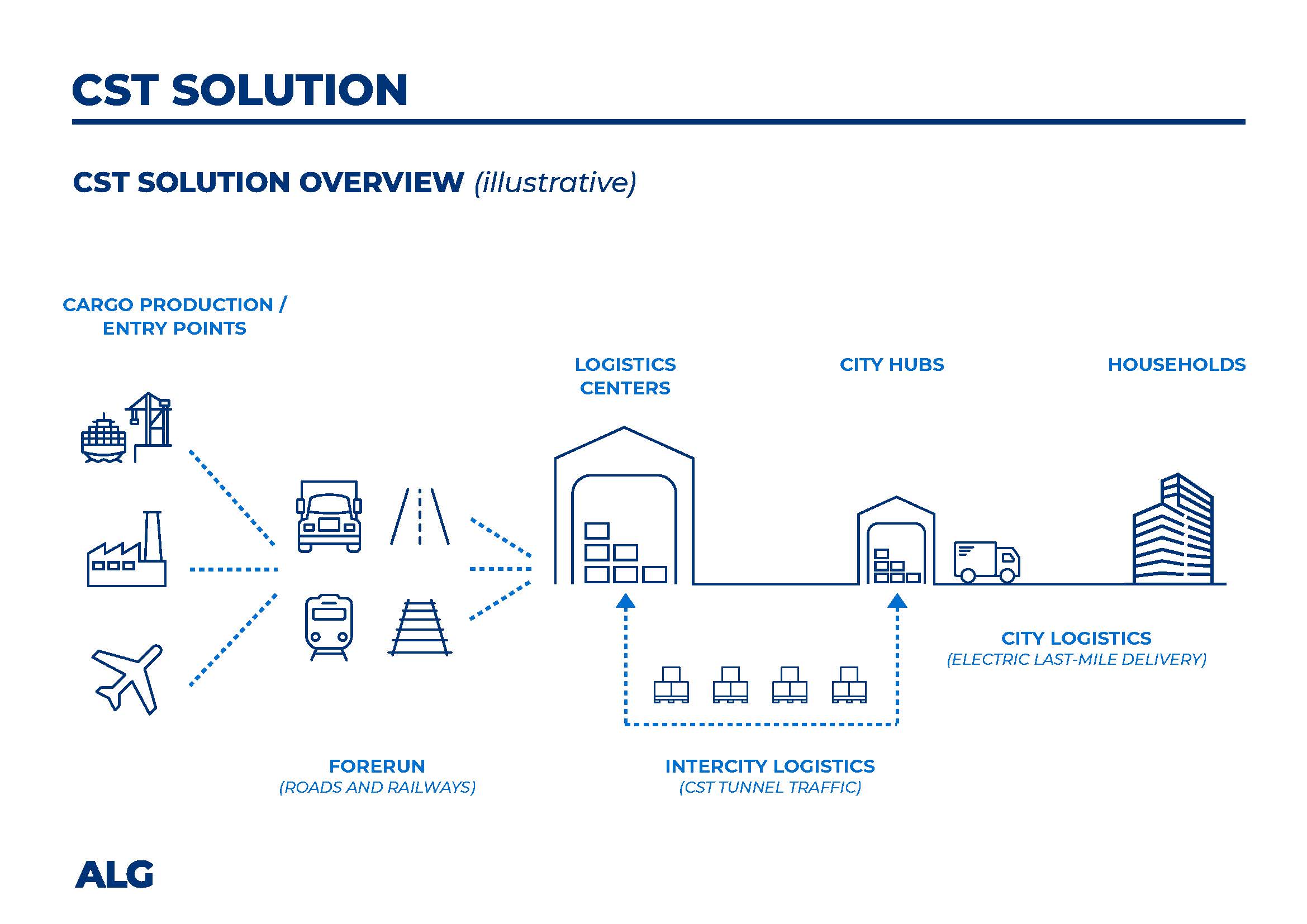
The Swiss Government approved a new federal law early in 2022, providing the legal basis on which CST can be implemented in Switzerland.
Benchmark: other examples of Underground Logistics Systems (ULS)
The globe offers some other private sector initiatives (with academic/research support) in the field of Underground Logistics Systems (ULS), which can bring substantial benefits to the supply chain (emissions reductions, no traffic jams, enhanced reliability…) and contribute to the green transition:
-
CargoCap (Germany): offering an alternative transport solution to conventional modes in congested urban areas by underground transportation pipelines. The project is the result of an interdisciplinary collaboration between the Ruhr University of Bochum and the Ministry of Innovation, Science, Research and Technology of the State of North Rhine-Westphalia. Similarly to CST, CargoCap presents an alternative transport mode for freight traffic from distribution centers on the suburbs or conurbations to urban districts or major customers, by means of autonomous, electric and fully automated transport vehicles (named “Caps”). Caps can be loaded with 2 EUR pallets each, and trailing wheels beneath take on the function of bearing. The company launched in 2002, and the gained knowledge on the CargoCap test track will be transferred consequently into practical use.

- Mole Solutions (UK): segregating freight traffic form other users with autonomous transport in enclosed underground spaces. The company plans to transport freight autonomously using electrically powered single piece flow capsules in dedicated sub-surface conduits. Mole Solutions was founded in 2002 and developed a demonstration project in Cambridgeshire, UK. The company has carried out a number of government funded studies and development activities to show the feasibility of this innovative infrastructure.

- Magway (UK): a start-up founded in 2017 developing an-all electric, zero emissions and high-capacity underground delivery system. Magway can deliver the equivalent of 3,000 articulated lorry loads every single day via underground pipelines. The system uses linear magnetic motors to shuttle vehicles of goods down pipelines from distribution hubs to consolidation centers. Vehicles can transport a single standard delivery crate, at approximately 50 km/h. In 2020, Magway completed its first full loop of test track in a warehouse in Wembley. The initial link proposed by the company focused on a freight route from a large consolidation centre near London to a distribution center in West London, covering a distance of about 32 km. Future plans involve installing 850 km of track in decommissioned London gas pipelines, to deliver e-commerce goods from distribution centers direct to consumers.

- JD.com (China): the logistics unit of JD.com (Chinese e-commerce giant) is planning since 2018 an underground logistics network in Xiong’an (Hebei province). The company signed a strategic cooperation agreement with Magplane Technology Inc. (American company), in an effort to apply magnetic levitation technology to the area of logistics, similarly to Magway. The project is currently in planning stage, and examines using tracks and pipe corridors to fulfill and deliver parcels to alleviate local traffic and environmental problems while saving urban space. The system as planned will connect buildings and underground pipelines to deliver parcels to pick-up lockers assigned to customers. The program is commissioned by the government of Xiongan.


